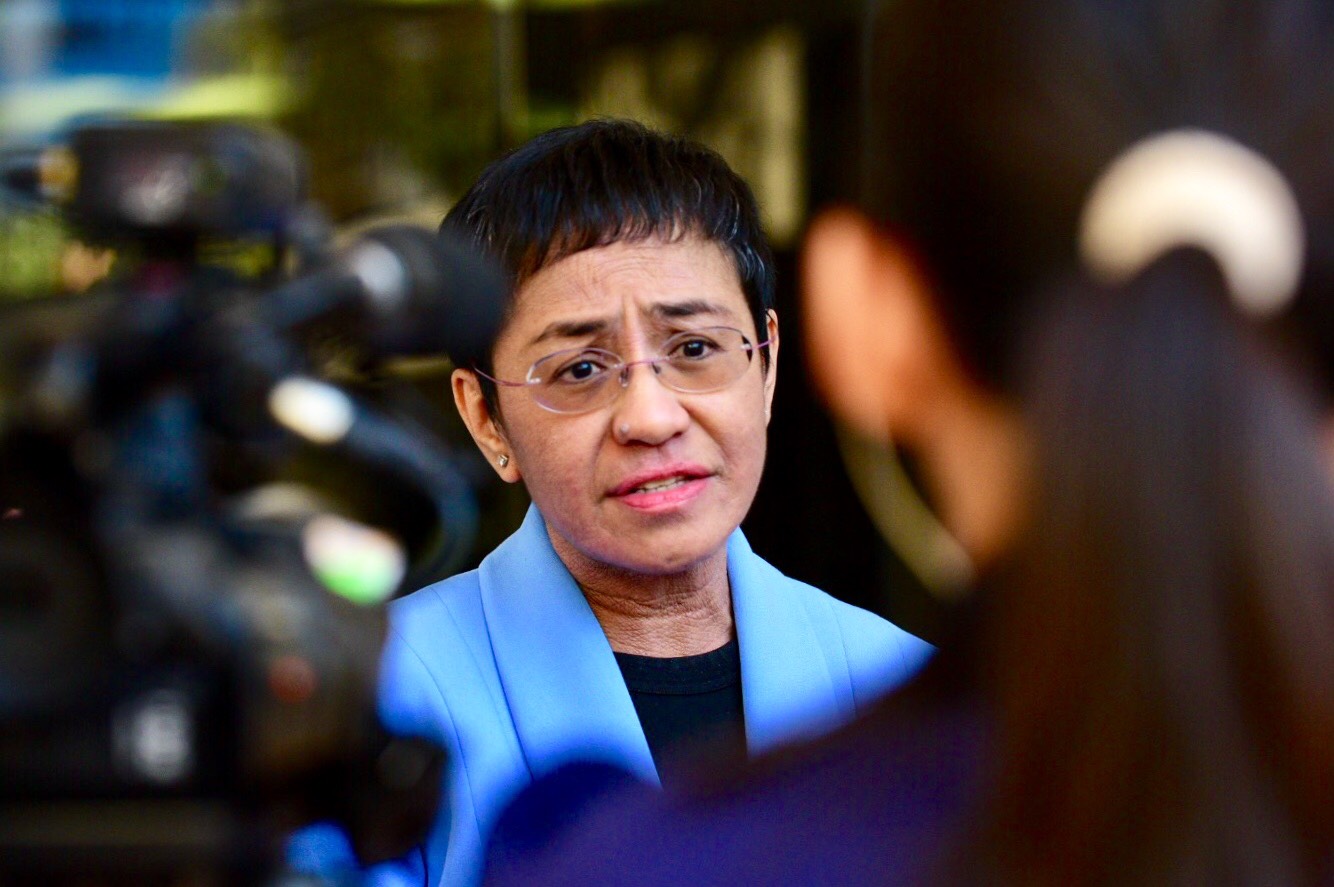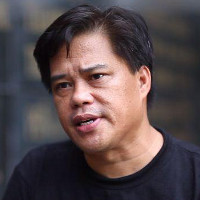

(This piece first appeared in The Globe and Mail.)
As a former journalist, I often find myself straining to explain press freedom in the Philippines. Many people I meet seem to have a rather straightforward view: Either the press is free or it is not. I wish it were that simple, I tell them.
The Philippines, officially, does not have prior restraint regulations that prevent journalists from publishing. Pretty much anything goes, which is why the Philippine press has been classified as free, rambunctious even. Filipino journalists struggled quite a lot, particularly during the Ferdinand Marcos dictatorship, when many paid with their lives to make sure the press stayed that way.
So Filipino journalists are free to say even the darndest things. The problem is what happens after: Over the years, many have faced criminal libel suits or have been murdered. The Philippines has often led the world in the most journalists killed in a particular year.
In this way, Maria Ressa, the founder and executive editor of the spunky website Rappler, can count herself lucky – but not that lucky. On Decemver 3, Ms Ressa posted bail of about $1,500 after a court issued a warrant for her arrest. The charge? Rappler Holdings Corporation, the company that owns Rappler, failed to supply authorities with the correct tax information. It is just one of 5 cases that Rappler is facing in two courts in Manila.
The charges against Rappler are clearly meant to intimidate and threaten the website and, ultimately, to shut it down. This is because of its reporting on President Rodrigo Duterte’s so-called “drug war,” which has killed more than 12,000 mostly poor Filipinos. The Philippine Department of Justice began building up a case against the publication as early as December, 2016, after it became clear the website was going to be a very critical voice against the government.
While other Philippine media outlets have reported critically on the Duterte administration, none, in my view, has done it quite like Rappler. Its coverage of the “drug war” has been exemplary and consistent, providing a counternarrative to the often-unchallenged claims of the Duterte administration.
This excellence in reporting comes from the many highly regarded and award-winning journalists employed by Rappler – the majority of them women. Ms Ressa herself won the New York-based Committee to Protect Journalists’ annual award in November, among other honors.
Rappler is doing its job – and that’s why it has become a favorite target of the Duterte government. The court cases are only the beginning. Rappler journalists face online abuse on a daily basis. When covering the presidency beat, journalists are harassed, with Mr Duterte himself leading the charge. The President even barred journalist Pia Ranada from entering the presidential Palace at one point.
What’s being done to Rappler reflects the Duterte administration’s wider confrontational attitude toward the media. Through social media, the President’s office has unleashed its attack dogs on news organizations and journalists who report critically on the “drug war.”
Prior to Rappler, Mr Duterte personally threatened the Philippine Daily Inquirer, the country’s most prestigious newspaper, with a tax case and flirted with the idea of denying the congressional franchise of ABS-CBN, the country’s largest media network, which has likewise reported critically on the “drug war.”
More widely, this antipathy toward the media is consistent with an attempt by an increasingly authoritarian President to dismantle institutions that can check his abuse of power. It began with the jailing on trumped-up drug charges of Senator Leila de Lima, the most vocal and consistent critic of the “drug war” and of human rights violations linked to Mr Duterte when he was mayor of Davao City in the south. Mr Duterte and his allies have also sought to muffle critical voices in other branches of government, such as the judiciary, including by forcing out a chief justice. Civil society, including the Catholic Church, is also under siege.
Court cases against Filipino journalists are not new. Libel remains a criminal offense in the Philippines. A number of reporters have spent time in prison merely for publishing. But coupled with the physical, violent attacks against Filipino journalists, legal cases such as those Rappler faces are a new weapon against press freedom in the Philippines.
It is critical for Canada and other long-time friends of the Philippines to call for the charges against Ms Ressa and Rappler to be dropped. In the meantime, Filipino journalists will confront this heightened threat with the same determination and courage they showed when they fought the Marcos dictatorship. And it starts with this: #StandWithRappler. – Rappler.com
Carlos Conde, former correspondent for The New York Times in Manila, is the Philippines researcher for Human Rights Watch.